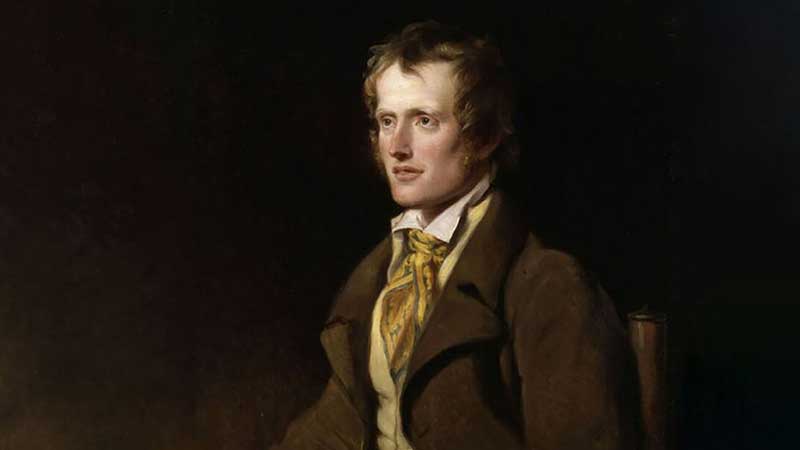Professor Simon Kӧvesi’s revisionary interpretation of the works of English Romantic poet John Clare has not only impacted on literary and academic circles, but has been the catalyst for bringing poetry to hard-to-reach audiences.
His project, Reading and Writing with John Clare, has inspired people from disadvantaged communities to explore the poetry of Clare and to engage in their own creative writing. Local libraries involved in the project were also able to connect with hard-to reach groups, creating a newfound sense of community.
As well as enriching public understanding of John Clare, Simon’s work has raised public awareness of working-class poetry through media including radio, podcasts, panel discussions, public events and an album of Clare’s words and music.

